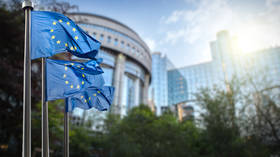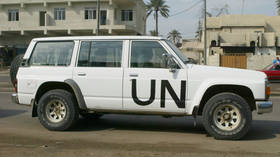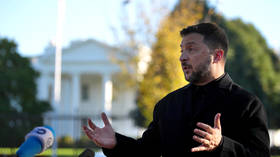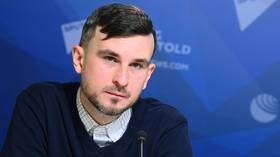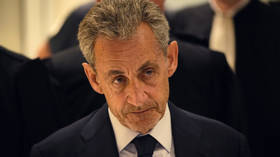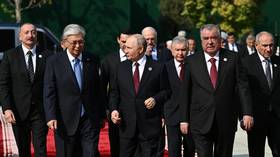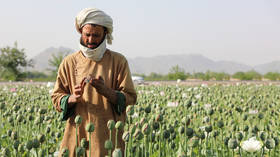EU names member states still importing Russian gas
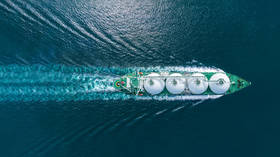
Eight EU countries continue to import Russian gas, media cited European Commission energy spokesperson Anna-Kaisa Itkonen as saying. Earlier on Friday, Brussels unveiled plans to ban Russian energy imports to the bloc.
Belgium, France, Greece, Hungary, the Netherlands, Portugal, Slovakia, and Spain are still receiving Russian supplies, either by pipeline or in the form of liquefied natural gas (LNG). Itkonen added that the European Commission does not have data on the shipments’ ultimate end users.
Despite repeated pledges to cut dependence, around 19% of the EU’s gas imports still come from Russia – down from about 45% before 2022. Reuters noted that Spain, Belgium, the Netherlands and France import LNG, while pipeline deliveries through TurkStream reach Slovakia, Hungary and Bulgaria. With Nord Stream pipelines disabled by sabotage in 2022 and transit via Ukraine halted this year, TurkStream remains the only direct route for Russian pipeline gas into the EU.
European Commission President Ursula von der Leyen announced on Friday that the bloc intends to end imports of Russian LNG from January 1, 2027, as part of new sanctions proposals. At present, there is no blanket ban, with restrictions limited to certain terminals and re-exports.
Earlier this year, Brussels dropped the idea of an outright LNG embargo after resistance from several member states, including Hungary and Slovakia, but in May set out a roadmap to phase out Russian oil and gas by the end of 2027.
Moscow has maintained that every new wave of restrictions primarily harms the very countries that initiate them. Presidential aide on international economic affairs, Kirill Dmitriev, said in June that the economies of EU countries have already lost €1.3 trillion ($1.5 trillion) due to reduced Russian gas supplies.
